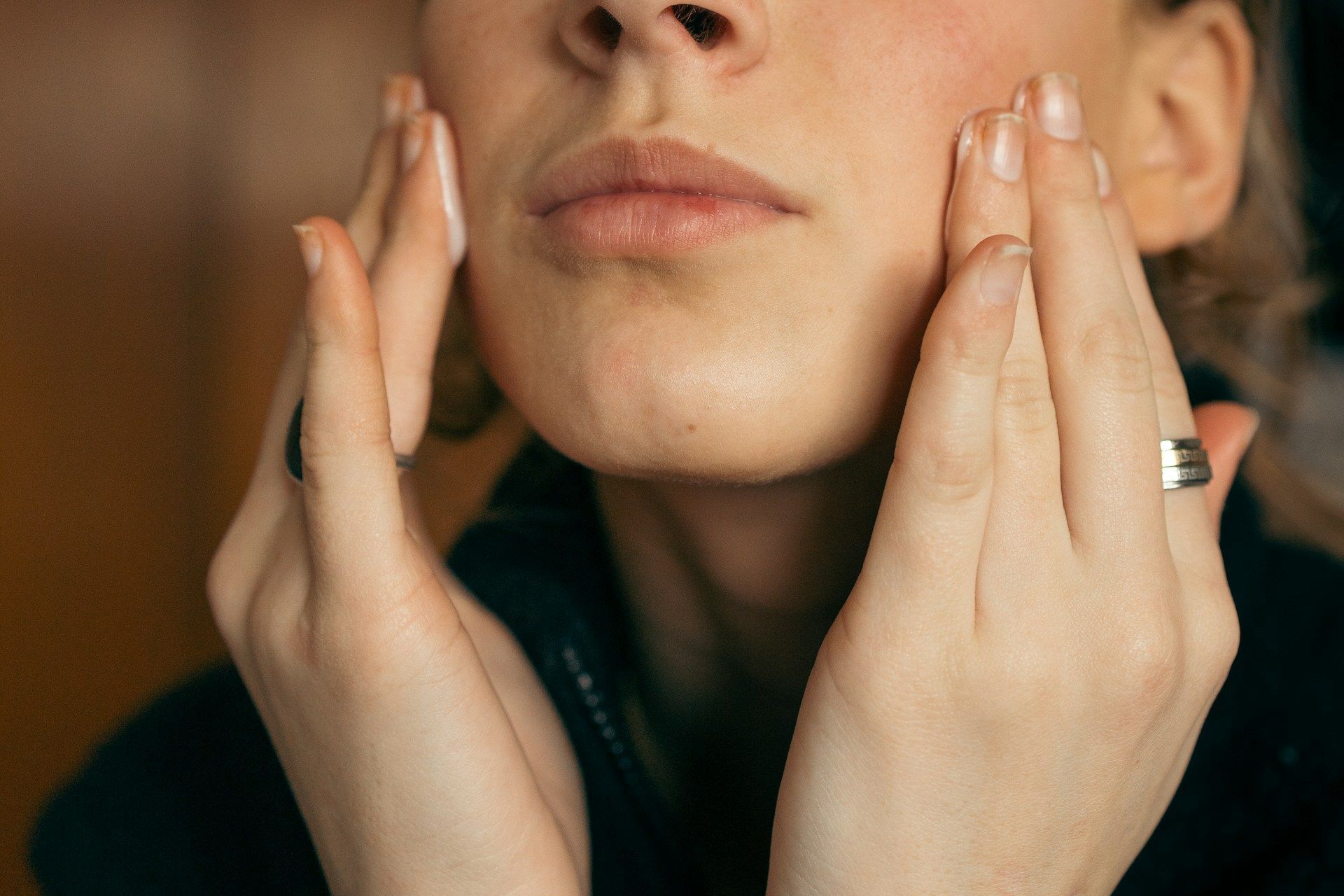Could You Have Sleep Apnea? Dr. Cameron Kuehne Helps You Find Out

Feeling exhausted even after a full night’s sleep? Do you snore loudly or wake up gasping for air? These could be signs of sleep apnea, a serious condition that affects how you breathe while you sleep. Dr. Cameron Kuehne at The Center For Sleep Apnea and TMJ in Meridian can help you understand this condition better.
Sleep apnea occurs when your airway gets blocked during sleep, causing you to stop breathing for short periods. This can happen many times throughout the night, leading to poor sleep quality and other health problems. Sleep apnea is more common than you might think, and many people don’t even realize they have it.
Dr. Cameron Kuehne stresses the importance of recognizing the symptoms early. Ignoring sleep apnea can lead to more serious issues like high blood pressure, heart disease, and diabetes. Knowing what to look for is the first step in managing and treating this condition. In this article, we’ll explore what sleep apnea is, its common signs and symptoms, factors that increase your risk, and Dr. Kuehne’s tips for managing it. Let’s get started and help you find out if you could have sleep apnea.
What is Sleep Apnea?
Sleep apnea is a condition where your breathing repeatedly stops and starts during sleep. There are three main types of sleep apnea: obstructive, central, and complex. The most common type is obstructive sleep apnea (OSA), where the muscles in the back of your throat relax too much to allow normal breathing. This can cause your airway to narrow or close completely, leading to brief periods where you stop breathing.
When you stop breathing, your brain wakes you up so you can reopen your airway. These interruptions can happen many times throughout the night, disrupting your sleep and preventing you from reaching the deep, restful stages of sleep. This leads to poor sleep quality and can leave you feeling tired and irritable during the day.
Sleep apnea can affect anyone, but it’s more common in middle-aged men and people who are overweight. Other factors, like having a family history of sleep apnea or certain physical traits like a large neck circumference, can also increase your risk. Understanding what sleep apnea is and how it affects your body is essential to recognizing the signs and seeking treatment.
Common Signs and Symptoms of Sleep Apnea
Recognizing the signs of sleep apnea is the first step in addressing the condition. Dr. Cameron Kuehne points out several common symptoms to watch for. Loud, chronic snoring is one of the most noticeable signs of obstructive sleep apnea. It’s often accompanied by gasping, choking, or snorting sounds as you catch your breath during sleep.
Another common symptom is excessive daytime sleepiness. Feeling unusually tired during the day, even after a full night's sleep, might indicate sleep apnea. This can lead to difficulty concentrating, memory problems, and falling asleep at inappropriate times, such as while watching TV or even driving.
Morning headaches, dry mouth, and a sore throat are other symptoms of sleep apnea. Waking up frequently during the night to go to the bathroom or experiencing restless sleep with frequent tossing and turning can also be signs. If you or a loved one notice these symptoms, it’s important to consider the possibility of sleep apnea and seek advice from a professional like Dr. Cameron Kuehne at The Center for Sleep Apnea and TMJ. Identifying these signs early can help you get the treatment you need.
Factors That Increase Your Risk
Certain risk factors can make you more likely to develop sleep apnea. Dr. Cameron Kuehne explains that being overweight is one of the biggest risk factors. Excess weight can cause fat deposits around the upper airway, which may obstruct breathing during sleep. Losing weight can significantly reduce this risk and improve symptoms.
Another important factor is age. As you get older, the risk of sleep apnea increases. This is partly because muscle tone in the throat can decrease with age. Men are also more likely to develop sleep apnea than women, although the risk for women increases if they are overweight or postmenopausal.
Family history plays a role as well. If someone in your family has sleep apnea, your chances of having it go up. Other physical traits like having a larger neck circumference, a narrower airway, or nasal congestion can also make you more prone to sleep apnea.
Additionally, lifestyle factors like smoking and alcohol use add to the risk. Smoking can inflame and retain fluid in the upper airway, while alcohol relaxes the muscles in your throat. Being aware of these factors can help you and Dr. Cameron Kuehne develop a plan to reduce your risk.
Dr. Cameron Kuehne’s Tips for Managing Sleep Apnea
Dr. Cameron Kuehne has some practical tips for managing sleep apnea that you can start at home. One effective strategy is changing your sleep position. Sleeping on your back can cause your tongue and soft tissues to block your airway. Instead, try sleeping on your side to keep your airway open.
Another tip is to maintain a healthy weight. Losing even a small amount of weight can reduce the fatty deposits around your upper airway, making it easier to breathe at night. Exercise regularly and eat a balanced diet to help manage your weight.
Avoiding alcohol and smoking can make a big difference, too. Alcohol relaxes your throat muscles, narrowing your airway. Quitting smoking can reduce inflammation and swelling in your airway. Dr. Cameron Kuehne also suggests establishing a regular sleep routine. Go to bed and wake up at the same time every day to improve your sleep quality.
Using nasal sprays or allergy medications can also help if you suffer from nasal congestion. These can keep your nasal passages clear, making it easier to breathe at night. Following these tips from Dr. Cameron Kuehne can help you manage sleep apnea and improve your overall health.
Conclusion
Understanding the signs, symptoms, and risk factors of sleep apnea is crucial for your health. Dr. Cameron Kuehne emphasizes the importance of recognizing these signs early and taking action. Sleep apnea can lead to serious health problems if left untreated, but with the right approach, you can manage it effectively.
By learning about sleep apnea, you can take the necessary steps to improve your sleep quality and overall well-being. Dr. Cameron Kuehne’s tips on adjusting your sleep position, maintaining a healthy weight, and avoiding smoking and alcohol can make a huge difference. It's also important to be aware of the factors that increase your risk so you can take preventive measures.
If you suspect you might have sleep apnea, don’t hesitate to seek professional advice. Early detection and management can greatly improve your quality of life. For expert help and more information, contact us at
The Center For Sleep Apnea and TMJ in Meridian today. Let’s work together to ensure you get the restful sleep you deserve.










